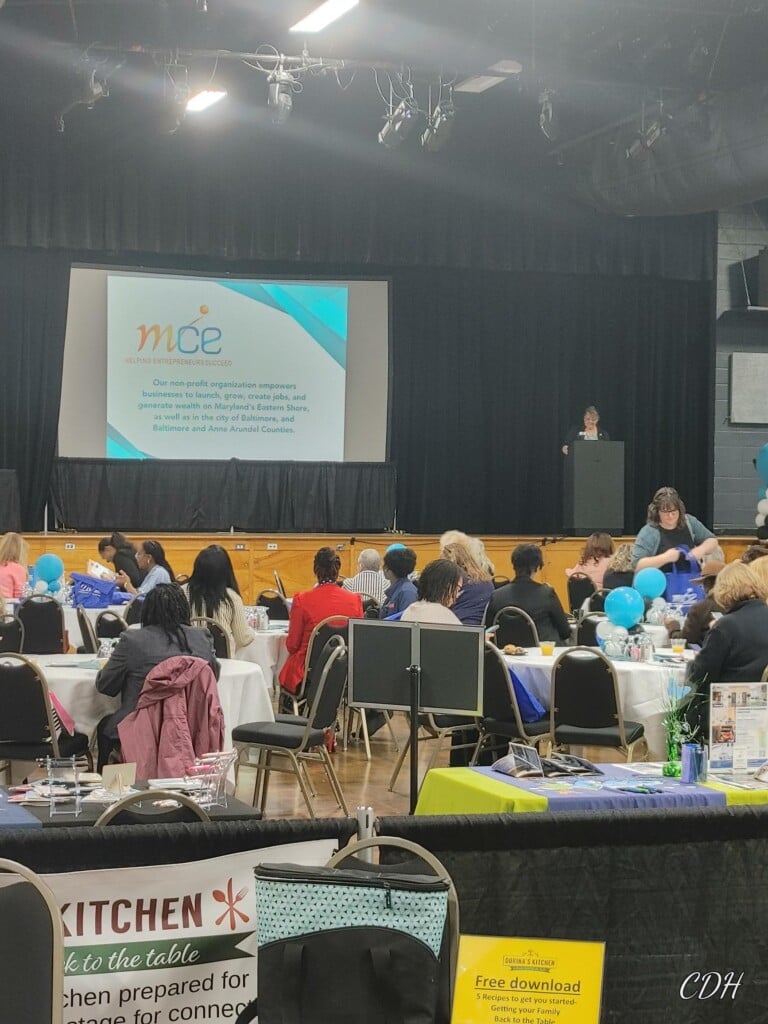MD education officials consider emergency regulation on student crime information sharing
UPDATE: This article was updated on Dec. 5 to include a new statement from state education officials.
MARYLAND – Maryland lawmakers are considering an emergency regulation for sharing information about student crimes in the state.
Alleged Gaps in Communication
Members of the Maryland State Department of Education (MSDE) explained during a Dec. 4 Joint Administrative, Executive, and Legislative Review Committee that gaps in communication between school systems are creating opportunities for unsafe learning environments.
“When a student transfers between school districts and a reportable offense is still active, that disclosure of reportable offenses is allowed, but not required,” said Dr. Joshua Michael of the MSDE Education Transformation and Finance Committee.
How Reportable Offense Information is Shared
The proposed emergency regulation would require the sharing of that information. Reportable offenses include serious crimes, like murder, arson, armed hijacking, and certain sex offenses. Additionally, a reportable offense must have occurred off of school grounds, and not at a school-sponsored event.
Under Maryland’s education article 7-303, which governs the use of reportable offense information in schools, when a student is arrested for such offenses, the law enforcement agency making the arrest must notify the student’s local school superintendent, school principal and, if applicable, school security officer within 24 hours of the arrest.
“The intent of the reportable offense law is not to punish the student, but instead to provide a local education agency, and ultimately the principal, with the information that may impact the safety dynamics within the school community… The transfer of this information to another institution is crucial for the maintenance of a safe and secure school environment,” said Maryland State Superintendent of Schools Dr. Carey Wright.
Challenges Between Education Programs and Juvenile Services
However, state education officials emphasized that the proposed emergency regulation would not address all school safety concerns.
Dr. Wright said there are occasions when students leave school systems, often while committed to the Department of Juvenile Services or sentenced in adult criminal court, and that information does not make it back to the student’s next educational program.
“When students are detained, there is a break in the information chain. Our local education agencies do not always know where these students are being placed, nor do they have access to information about when the student is being released back into the community,” Dr. Wright said.
The common practice, Dr. Wright added, is for schools to seek records of a transferring student with active reportable offenses from their previous learning environment. Current law, however, does not allow for educational programs in juvenile and adult detention centers to receive or share reportable offense information, nor is the Department of Juvenile Services allowed or required to provide that information with education agencies, Dr. Wright said.
“Unfortunately, it is not within [MSDE’s] power to close this gap in information sharing because it would require a legislative fix,” Dr. Wright said, adding that the department would be open to working with lawmakers in that endeavor.
Ed. Officials: Need to Strengthen Communication Between Police and Educators
Another challenge, said Dr. Michael, is that MSDE has limited knowledge of when law enforcement agencies fail to follow through with their statutory responsibility to share information.
“We particularly have issues across [jurisdictions.] So, if a student commits a crime in one county but goes to school in a neighboring county, the communication across those lines between law enforcement in one jurisdiction and the school system in another is a particular challenge… We will continue to review laws and regulations to ensure that our school leaders have the information they need to keep school buildings safe,” Dr. Michael said.
Watch the Meeting
The committee did not vote on the matter, instead opting to adjourn over taking further action. The meeting can be watched at this link.
State Education Officials Respond to No Committee Vote
In a new release shared with media on Dec. 5, MSDE officials stated the department is currently receiving public comment on the proposed change, which remains in review under the standard regulatory review process. Officials added that until the regulation is amended or the legislature takes further action, the State Superintendent’s guidance will remain in effect. The Maryland General Assembly is expected to address the matter in the upcoming legislative session, officials added.
“Our foremost priority is keeping schools safe places to learn, work, and volunteer. In order to ensure the safety for all members of the school community, we believe district leadership must have the necessary information to determine the most appropriate setting when an individual student presents a safety risk,” Dr. Wright and Dr. Michael said in a joint statement.


